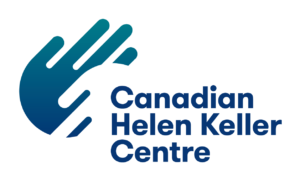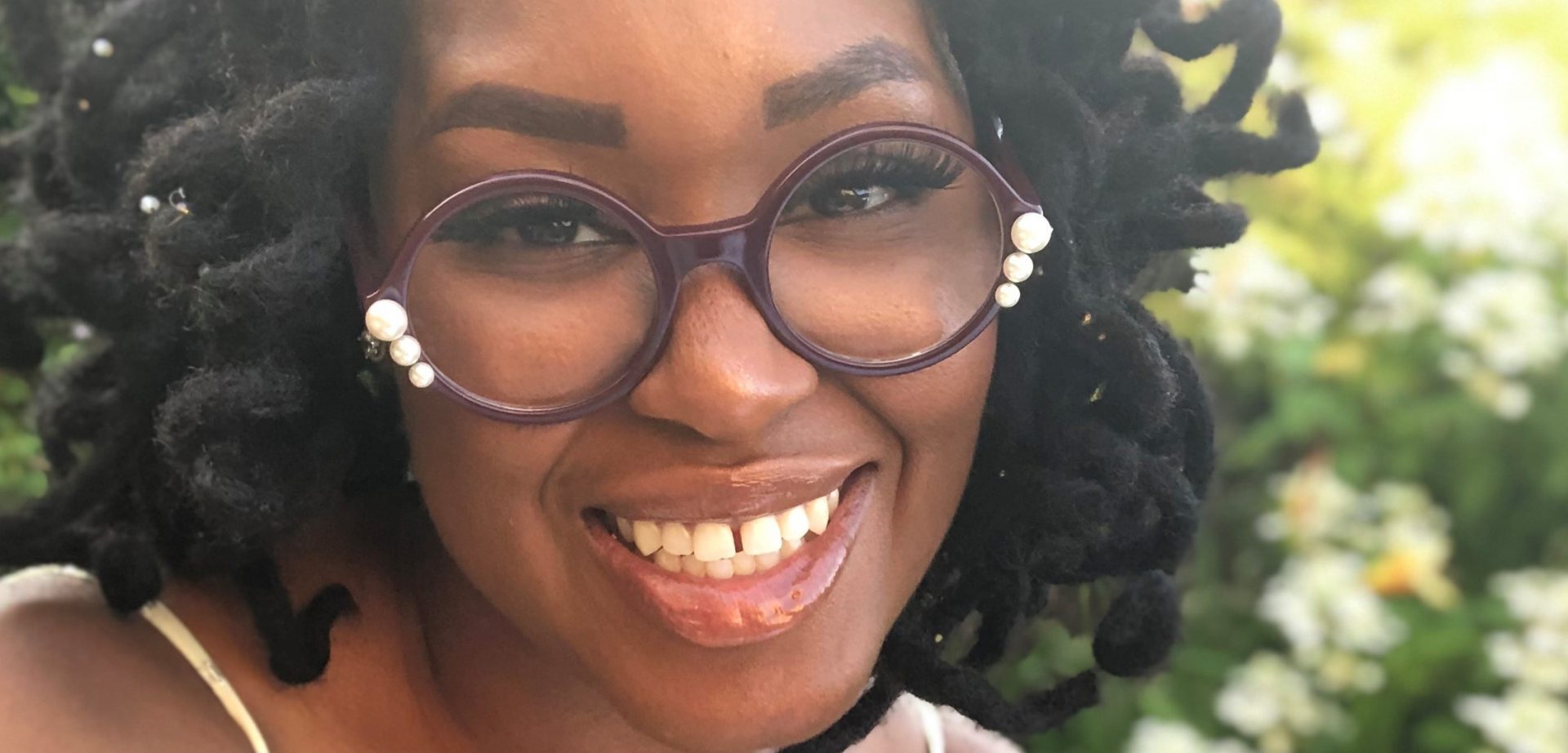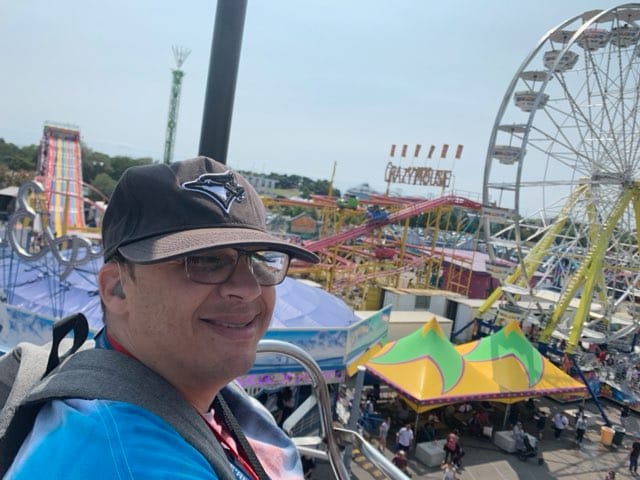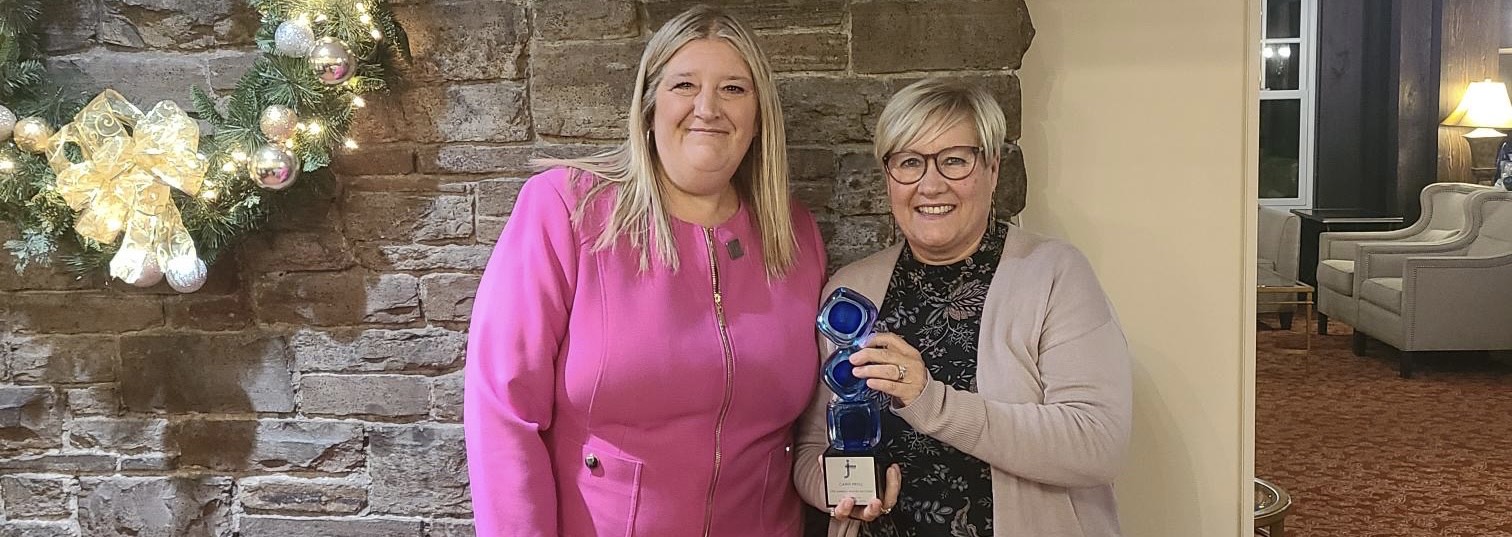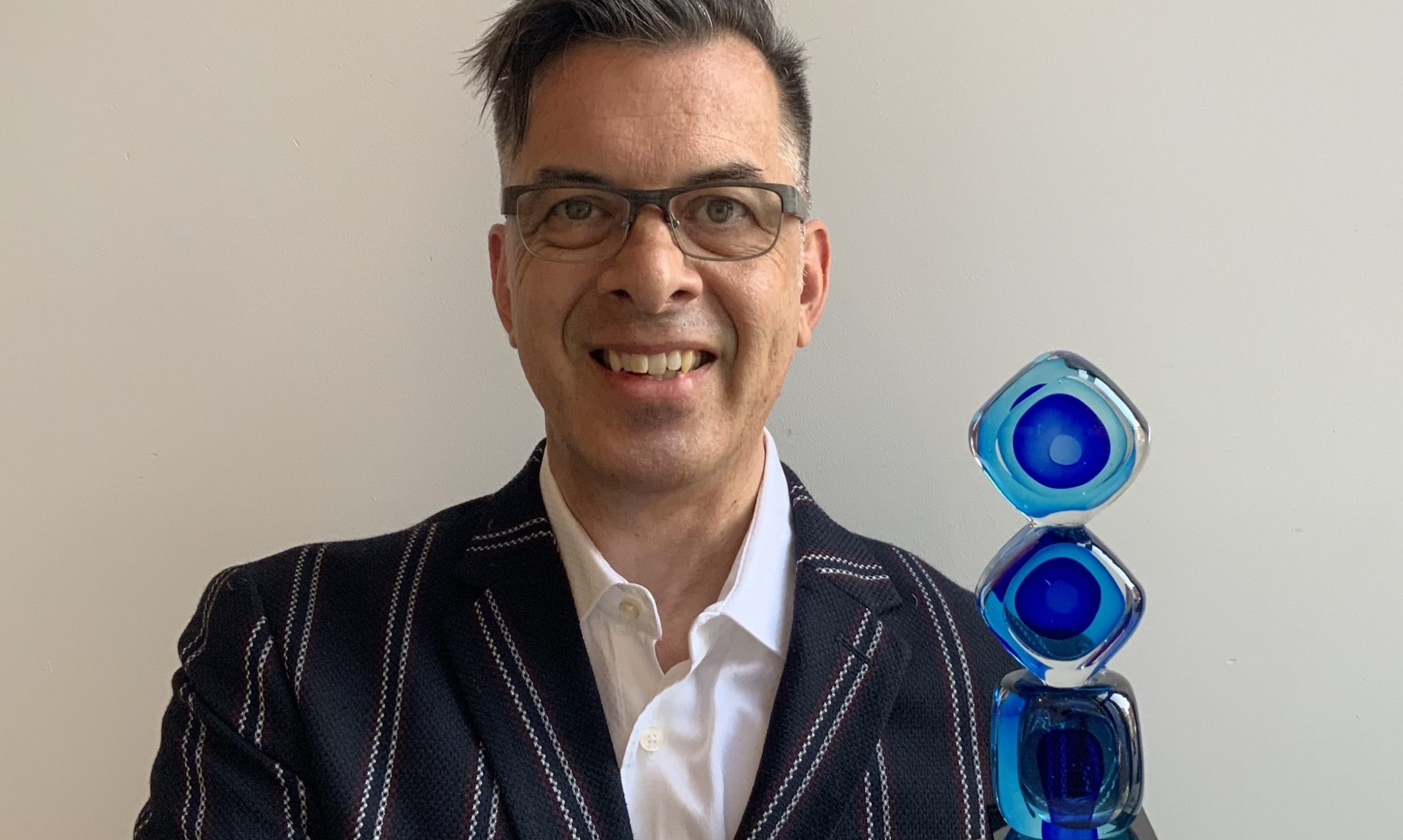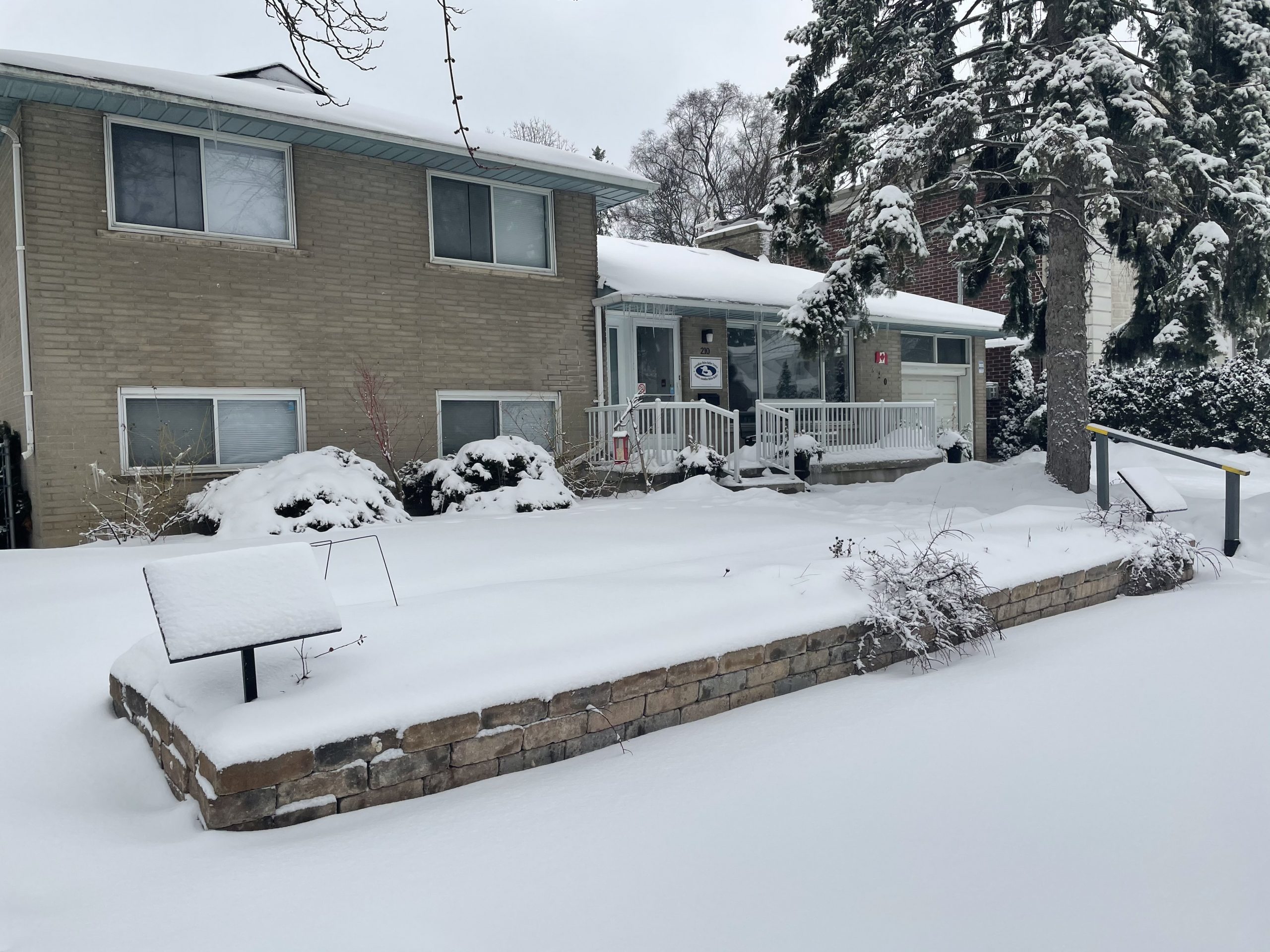When it comes to Black equality, CHKC intervenor Tasha sees progress, but more work on the horizon
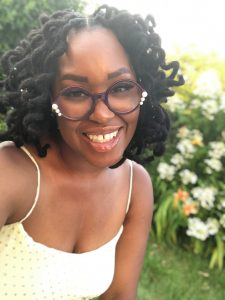 As an intervenor Tasha Archer takes pride in being the eyes and ears for persons who are both deaf and blind. “When I think of being an intervenor I think of selflessness. Knowingly putting your own opinions and feelings aside to assist someone in communicating with and understanding the world on their terms.”
As an intervenor Tasha Archer takes pride in being the eyes and ears for persons who are both deaf and blind. “When I think of being an intervenor I think of selflessness. Knowingly putting your own opinions and feelings aside to assist someone in communicating with and understanding the world on their terms.”
After four years obtaining a sociology degree from the University of Windsor, “I felt as though I still wasn’t doing anything worthwhile. In an effort to not waste anymore time I looked for career options that combined my innate love for people with my passion ASL. I stumbled across the Intervenor for Persons who are Deafblind Program on the George Brown College (GBC) website and the rest is history.”
With February being a time to celebrate black history across the globe Tasha has considered what it means to be a black intervenor in a predominantly white profession. “To be honest, it’s lonely out here. While in college, there were not many BIPOC intervenors within the sector. When I graduated and began to work at CHKC I was the only Afro-Caribbean intervenor. Six years later I can still count the number of Afro-Caribbean colleagues I have on one hand.”
However, she adds, “thankfully I work for an organization that is willing to take the necessary steps to make diversity and inclusion a priority in the workplace. In the coming years I hope to see more people who look like me within this sector and in positions of power.”
Tasha does not think that being black and an intervenor automatically qualifies her as a role model. “That being said, I juggle motherhood, several small businesses, and a full-time job. I am always professional, and a visible leader when it comes to having difficult conversations. I find that many of my colleagues use me as a springboard for their ideas and viewpoints, and I consciously promote diversity, inclusion, and excellence in everything that I do. I think that makes me a role model to all intervenors.”
However, that does not mean there are enough BIPOC intervenors inside or outside on CHKC. “When I look around I see very little people that look like me and even less in management. When you do not see people that look like you in management it sometimes makes you feel like you will never be able to advance to those positions within the company. It takes a toll on you emotional, mentally, and professionally.”
For Tasha there are two major reasons why there is not enough diversity within the sector. “Firstly, many people don’t even know that the program exists. Secondly, I believe that BIPOC are less likely to be interested in jobs where their community is not represented.”
Although BIPOC may be in the minority within the sector, Tasha asserts it does not mean “we are less than.”
Since the events of summer 2020 Tasha has thought about whether her white colleagues are allies in the quest for true equality. “I believe that most are supportive. Some have gone out of their way to ensure that we know that they have our backs, and are out here campaigning for change right beside us. This has been extremely helpful and appreciated.”
One of the struggles BIPOC face are the microaggressions. One example is that BIPOC staff members are constantly being asked where they are from. Tasha had an experience in the RCA elevator recently and realized that she was answering to make the other person comfortable, even though she herself was uncomfortable with the question. “I am Canadian,” she said. Then, to make the man comfortable she reluctantly explained “… but my parents were born in the west indies”.
Why is Black History Month important? Tasha has a detailed answer. “The Ontario Black History society lead an initiative that took a Canadian history book and blacked out all of the non-Black history content within it. When complete, only 13 out of the 255 pages covered Black history. Black history is important to me because I never truly learnt about it in school. Celebrating Black History Month allows us to honour the historic leaders in the Black community. It allows us to be better stewards of the privileges we have gained. It allows us to highlight the best of Black history and culture, and it creates awareness for all people.”
